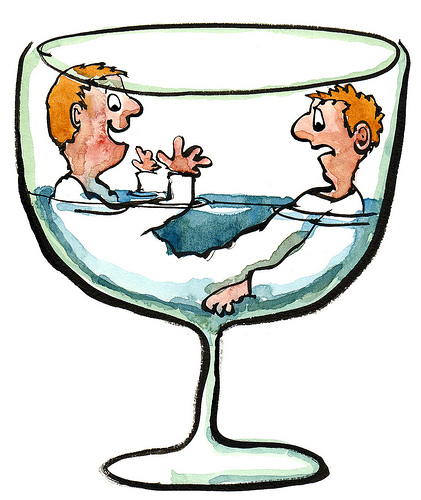
Indie Author vs Self-Published Writer?
Or Self-published Author vs Indie Writer, whichever one you prefer…
In the changing publishing world some words are becoming confusing.
Indie, whether attached to writer or author, is one of them. Originally, the word comes from “independent”. It vas created to define independent publishers, so as to differentiate them from the Big 6. It was a short, affectionate term referring to writers published by those courageous small publishers not yet bought out by the Big 6.
These independent publishing houses gave us many books that would have been ignored by the Big 6. A recent example that paid of for the independent publishing house is Stieg Larsson “The Girl with a Dragon Tattoo”, a daring coups by the independent publishers Quercus, but there are many others.
Nowadays, however, the situation is less clear cut. One the one hand, some self-published writers have opened very small publishing houses with the sole purpose of publishing their own books. Whether they did that to avoid the stigma associated with self-publishing or for fiscal reasons is irrelevant in this case. The fact remain that they have no intention of publishing other writers, yet their publishing house still technically falls under the heading of small publisher not bought by the Big 6. Since they are indeed published by a publisher, it makes them Indie authors.
Like us on Facebook or follow us on Twitter!
Pushing it a big further, any writer who publishes his own books is in fact a publisher. A publisher and writer all in one, but nevertheless a publisher… The moment one starts using publishing house and publisher interchangeably, as is often done, since the self-published writer has himself as a publisher, he has a publishing houseJ. Therefore, he automatically becomes an Indie writer.
So then, who are the self-published writers out there? Are they not Indie? This might be a semantic question, but in an industry that redefines itself every day, semantics play a crucial role.